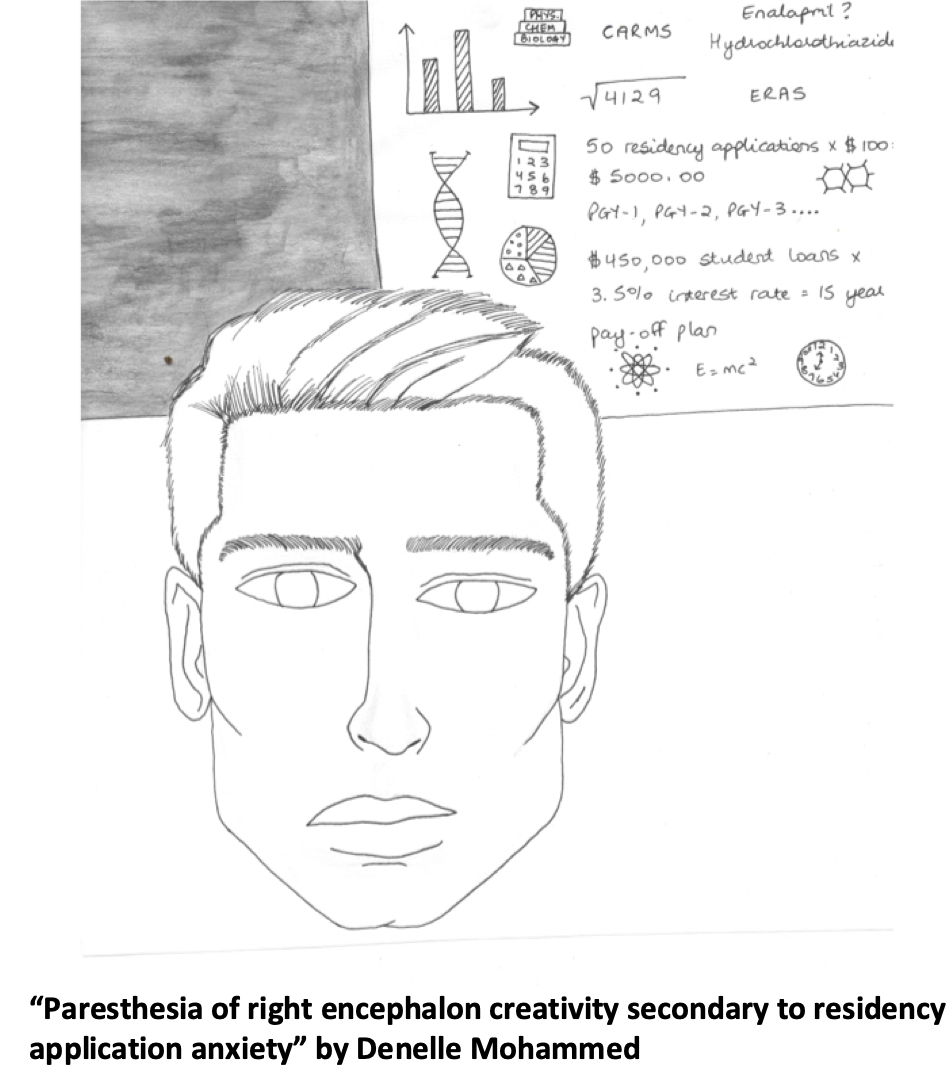"We regret to inform you that you did not match": Reflections on how to improve the match experience
DOI :
https://doi.org/10.36834/cmej.69322Résumé
Background: With the increasing awareness and action amongst stakeholders in addressing the concerning rise of unmatched Canadian Medical Graduates (CMGs), little is known from those who go unmatched. We use our unmatched experience to contribute to this dialogue.
Methods: We present an issues-based examination of the matching process by reflecting on the pre- and post-match period, providing suggestions related to the Canadian context from the unmatched perspective.
Results: The challenge in the pre-match period was handling uncertainty in elective scheduling. This uncertainty was largely manifested from not knowing elective availability at the time of elective application submission, as well as not knowing what “strategy” we should follow in how to structure our elective schedule. For the post-matched period, we were challenged by making decisions during a time-sensitive period, deciding on career issues like scheduling post-match electives, handling our finances, and trying to improve our future residency applications without feedback.
Conclusion: Providing a real-time document of elective availability, providing focused feedback from our residency applications, and implementing and expanding upon extended curriculums for all medical schools to continue CMG training for their unmatched students for upcoming match cycles would greatly improve the unmatched experience.
Téléchargements
Publié
Numéro
Rubrique
Licence
La soumission d’un manuscrit original à la revue constitue une indication qu’il s’agit d’un travail original, qu’il n’a jamais été publié et qu’il n’est pas envisagé pour publication dans une autre revue. S’il est accepté, il sera publié en ligne et ne pourra l’être ailleurs sous la même forme, à des fins commerciales, dans quelque langue que ce soit, sans l’accord de l’éditeur.
La publication d’une recherche scientifique a pour but la diffusion de connaissances et, sous un régime sans but lucratif, ne profite financièrement ni à l’éditeur ni à l’auteur.
Les auteurs qui publient dans la Revue canadienne d’éducation médicale acceptent de publier leurs articles sous la licence Creative Commons Paternité - Pas d’utilisation commerciale, Pas de modification 4.0 Canada. Cette licence permet à quiconque de télécharger et de partager l’article à des fins non commerciales, à condition d’en attribuer le crédit aux auteurs. Pour plus de détails sur les droits que les auteurs accordent aux utilisateurs de leur travail, veuillez consulter le résumé de la licence et la licence complète.











